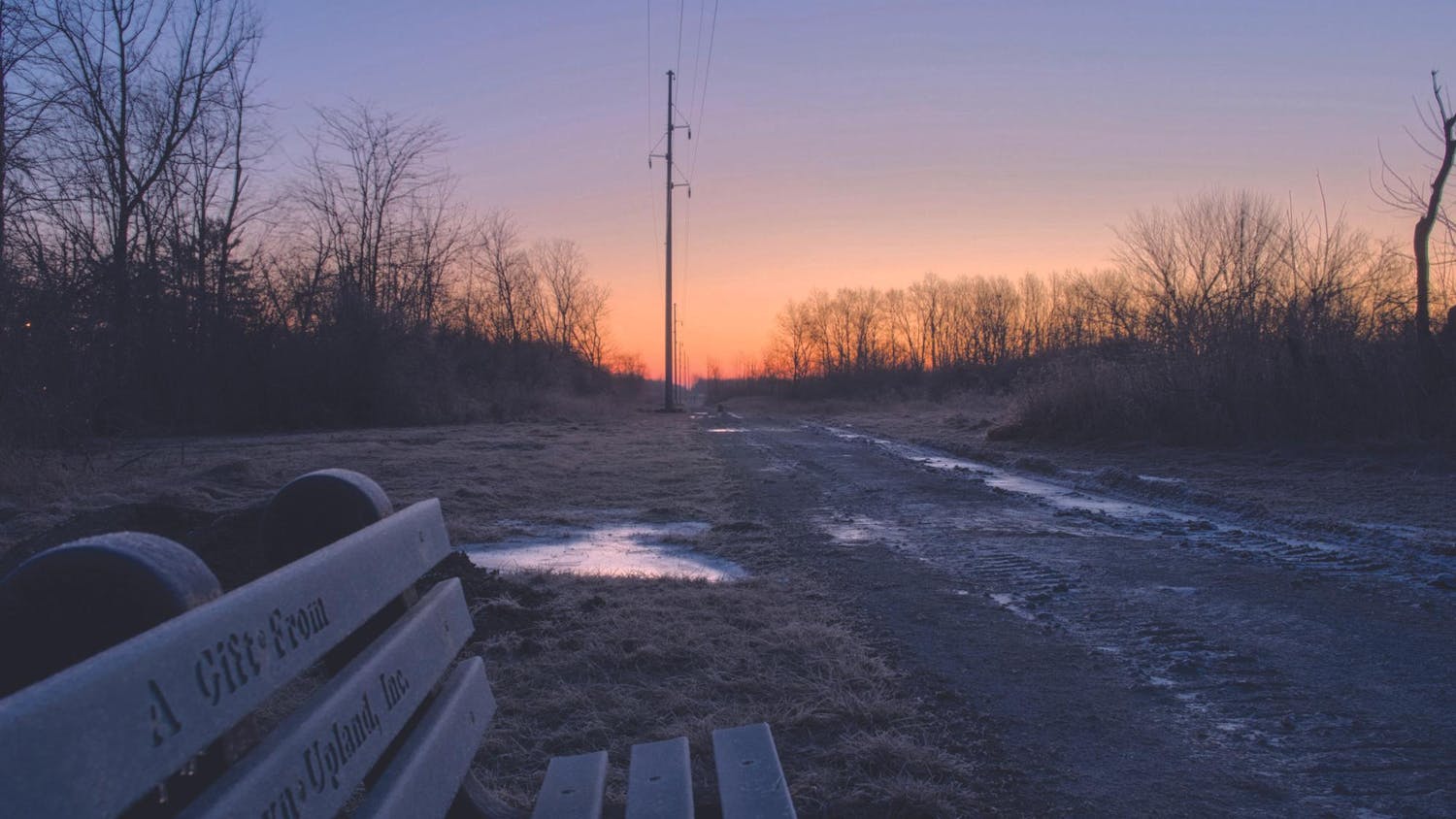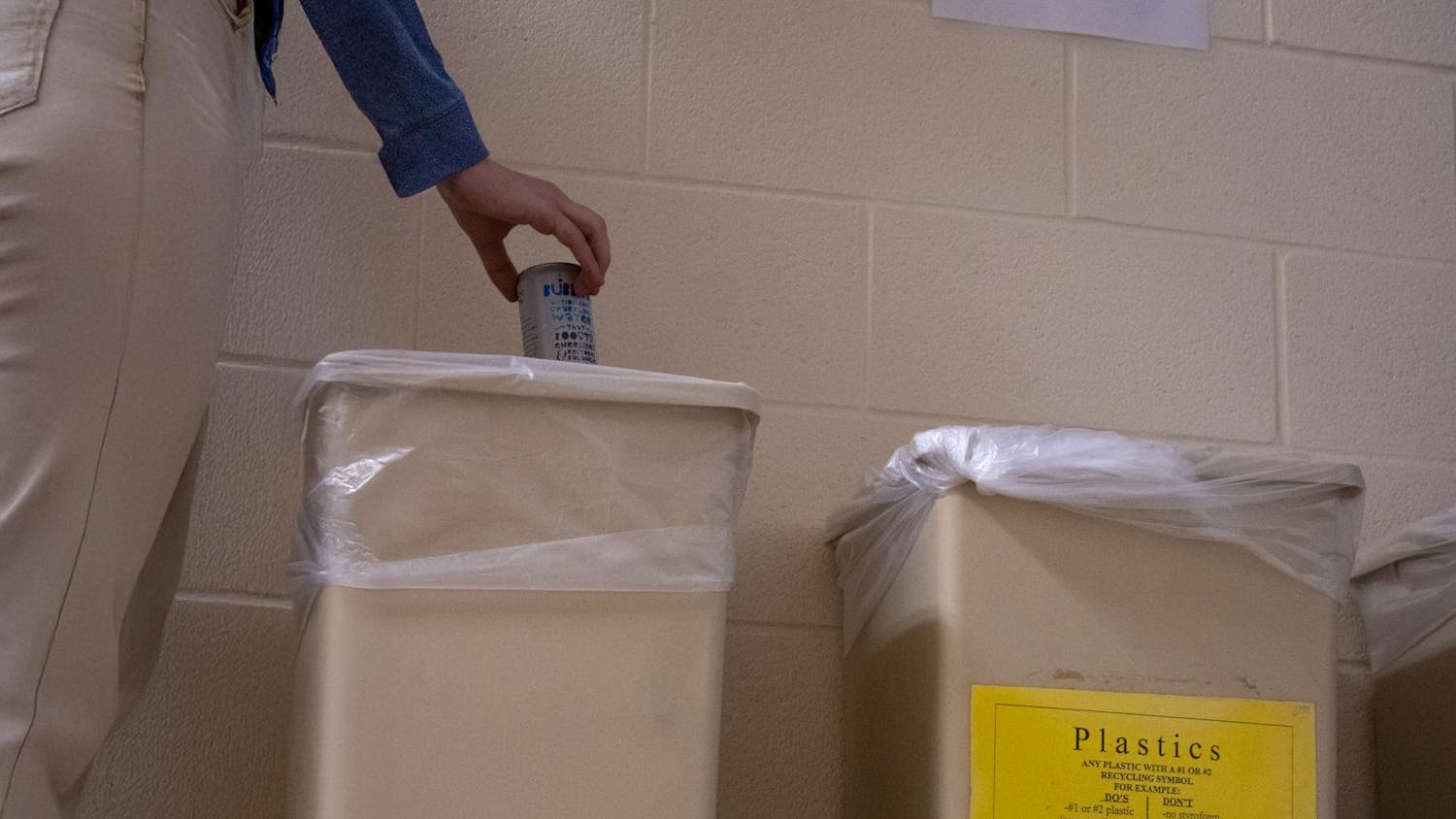All right, it’s time to get to the bottom of this.
Toilet paper is something we all use and often take for granted until we walk into a stall without any. It is very much a first world commodity and it is harming our planet.
The concern isn’t just how much toilet paper we use, but the resources required to make this daily-used product and how they are affecting our planet.
“It’s not like there’s necessarily (a) huge waste of toilet paper,” said Phil Grabowski, assistant professor of sustainable development.
According to Scientific American, around 27,000 trees are cut down every day so the world can have toilet paper. Around half of these trees come from virgin forests and old growth specimens that may be over hundreds of years old.
Sure, using a lower ply toilet paper or using less of it may be uncomfortable for consumers, but the impact could be substantial in terms of saving resources.
Trees are one resource we could preserve by choosing a lower ply. Another resource is water, as the U.S. alone uses 473 billion gallons of water annually to satisfy toilet paper needs, according to the Scientific American.
Brian Dewar, assistant professor of biology, said water is a resource people do not pay enough attention to. In the U.S., we are fortunate enough to have access to clean water almost anywhere. Other places may have to operate under different circumstances.
When The Echo thinks through all this, it puts our own comfort in perspective. God wants us to take care of his creation and be mindful. Comfort isn’t wrong, but when it is a higher priority than following his commands, it becomes a problem.
This may seem like a small issue, but Christians should be seeking to do good and follow God every second, every day. Senior biology major Hannah Farmer said it may seem like a small step to change personal habits such as taking shorter showers or using less toilet paper, but the overall impact could be substantial.
The reality is progress occurs as a result of being uncomfortable, not staying happy where we are. Changing our habits is not pleasant, but it is worth it.
The waste is not all on us though, as Grabowski said toilet paper companies are a part of the problem, not just the consumer. A main reason four ply toilet paper is produced is to offer a more pleasant experience while using the bathroom.
However, one solution to help preserve precious forests and ecosystems would be to use bamboo plants to make toilet paper.
“It has been used a lot for flooring, paper and other products,” Grabowski said. “It grows extremely fast, it can keep growing and being cut. If managed well, it can be a better source of fiber than pine trees in the boreal forest, especially if you’re concerned about species and deforestation in the boreal forest.”
We should be concerned. It’s not just one college community that needs to change, but doing nothing because we feel it won’t make a difference is not a good enough excuse.
At Taylor we don’t have much control over the ply of toilet paper we use, but next time you sit down in the bathroom, think about using at least one or two squares less.




